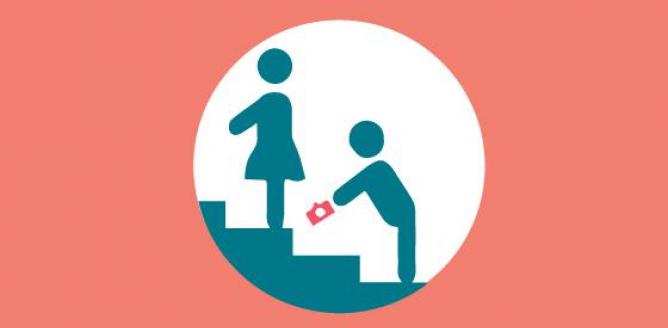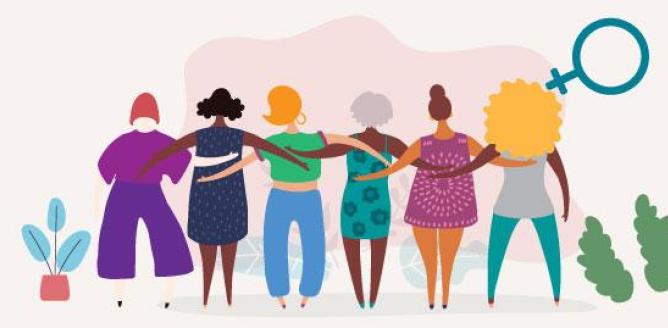“I can sound pushy, I can sound bossy, I can sound like I’m being cheeky, but at the end of the day I’m trying to change the law” – Gina Martin, survivor and campaigner of the upskirting law
Upskirting – the act of taking a photograph under a person’s clothing without their consent – has become a growing and prevalent problem in recent years. However, as a ruling of the Court of Final Appeal earlier this month showed, Hong Kong lacks the appropriate legal measures to tackle the problem. The top court unanimously upheld a lower court’s decision that the charge of “obtaining access to a computer for criminal or dishonest gain”, often used in the upskirting prosecutions, should not apply to a person who uses their own phone or computer.
The decision highlights a legal loophole that makes prosecuting upskirting cases difficult here. Following the ruling, Hong Kong police issued remedial guidelines, instructing officers that the arrests can be based on “a breach of the peace”. It is a common-law concept that is not a criminal offence. Following the ruling, several LegCo members urged the Government to speed up the process of enacting a new law on voyeurism. TWF agrees that these guidelines are grossly inadequate -- we desperately need a law that specifically targets crimes of a voyeuristic nature like upskirting.
Hong Kong can take note from the actions of England and Wales, where upskirting became a criminal offence last week, following a tireless campaign by Gina Martin who became a victim at a music festival in 2017. Under the Voyeurism (Offences) Act 2019, upskirting is punishable by up to two years of imprisonment and the most serious offenders will be placed on the sex offenders’ registers.
England and Wales joined the ranks of other jurisdictions that have taken legal measures against upskirting, such as Scotland, Australia, Canada. Belgium. France, New Zealand and South Korea. If its parliament passes the Criminal Law Reform Bill, Singapore is next.
Last year, the Hong Kong Law Reform Commission published a consultation paper to update the Miscellaneous Sexual Offence, which included upskirting. In our response, we applauded the move. However, since then, there have been no steps taken to adopt the recommendations.
Upskirting is a symptom of the hypersexualisation and objectification of women, and has been rightly characterised by law professors Clare McGlynn and Erika Rackly as a form of “image-based sexual abuse”. As such, it needs to be dealt with seriously.
While laws alone won’t be enough to eradicate the problem, having legislation that specifically targets upskirting and penalises the distribution of offensive images is still a vital step. It sends a clear message that this type of behaviour is neither condoned nor tolerated.
Discussions on this important piece of law reform have been dragging for far too long (read our 2014 op-ed in the SCMP). The time for action is now. We urge the Government to fast track laws against upskirting and other sexual offences.
Get in touch at Fiona.Nott@twfhk.org.
PS - TWF Connect is going on Spring Break - we'll be back in action on May 8!





















